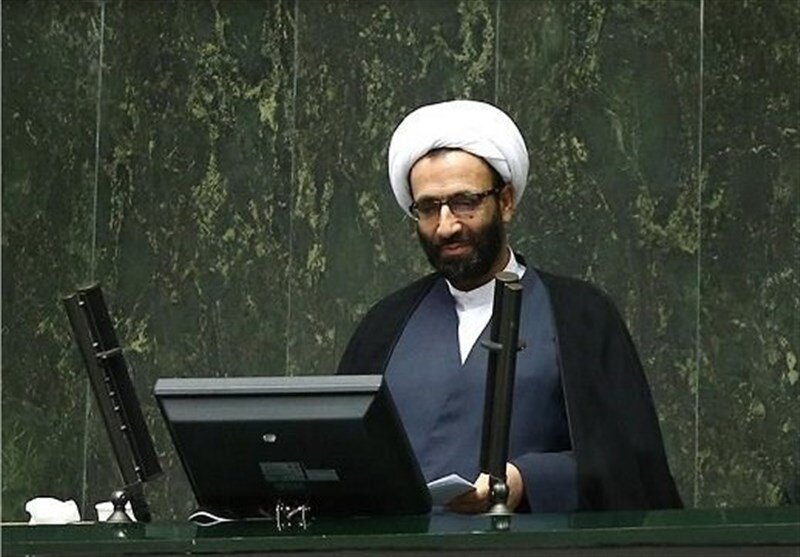U.S., Europe should pay Iran $200 billion in compensation over JCPOA failure: senior MP

TEHRAN – Alireza Salimi, a member of the Iranian Parliament’s presiding board, has urged the United States and Europe to compensate Iran for the losses it incurred following Washington’s withdrawal from the 2015 nuclear deal and a failure by Europeans to honor their commitments as well.
“The withdrawal of the United States from the Joint Comprehensive Plan of Action (JCPOA) and the non-fulfillment of JCPOA commitments by the Europeans have caused damage of between 150 and 200 billion dollars to our country,” the lawmaker told the Islamic Consultative Assembly News Agency (ICANA) on Saturday.
Salimi was responding to Elliott Abrams, the U.S. special representative for Iran, who recently said that Washington’s European allies are willing to go beyond the JCPOA and address Iran’s missile program and its regional influence.
“Our European allies may want us to return to the JCPOA, but they themselves want to go beyond this agreement,” Abrams told Asharq Al-Awsat. “It is clear that they also want to address Iran's missile program, or the export of terrorism by Iran, and they also want to extend the JCPOA’s sunset clauses for more years.”
Salimi said the U.S. and Europe have created a kind of division of labor not to implement the nuclear deal. “And now, if the U.S. wants to rejoin the JCPOA, it should compensate Iran,” he said.
The lawmaker added, “All sanctions should be removed. And excuses such as human rights should not be exploited against our country.”
He also called for the so-called trigger mechanism to be removed from the JCPOA.
“In the meantime, the issue of trigger mechanism stipulated in the Joint Comprehensive Plan of Action should also be removed because the Europeans have exploited it,” the senior lawmaker noted.
The mechanism, also known as the snapback process, stipulates that a “JCPOA participant state” can trigger the return of all UN sanctions on Iran in case Iran failed to uphold its obligations under the nuclear deal.
The U.S. triggered the snapback process in August and ultimately announced the return of all UN sanctions on Iran on September 19, a move that was widely rejected by the remaining parties to the JCPOA as well as almost all members of the Security Council. They said the U.S had no legal authority to restore the international sanctions on Iran because it was no longer considered as a “JCPOA participant state” after it formally announced its withdrawal from the JCPOA on May 8, 2018.
Joe Biden, who is widely seen as president-elect, has said that he will rejoin the JCPOA if he won the November election.
“I will offer Tehran a credible path back to diplomacy. If Iran returns to strict compliance with the nuclear deal, the United States would rejoin the agreement as a starting point for follow-on negotiations. With our allies, we will work to strengthen and extend the nuclear deal's provisions, while also addressing other issues of concern,” Biden said in a September op-ed for CNN.
But Biden did not made any remarks about his Iran policy since the election. He did not say how he would rejoin the JCPOA or approach the Trump decision to trigger the snapback process.
On the other hand, Iran has urged the U.S. to unconditionally return to the JCPOA.
According to Salimi, the missile program and regional issues are Iran’s red line that will not be included in the JCPOA.
“In fact, the JCPOA is not going to change, but there are requirements that must be considered because the deal cannot be changed and the negotiations on the JCPOA are over,” Salimi asserted.
SM/PA
Leave a Comment